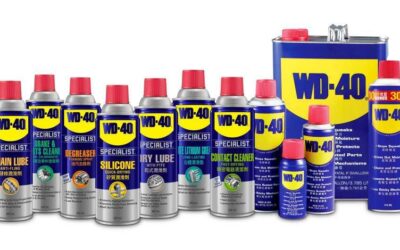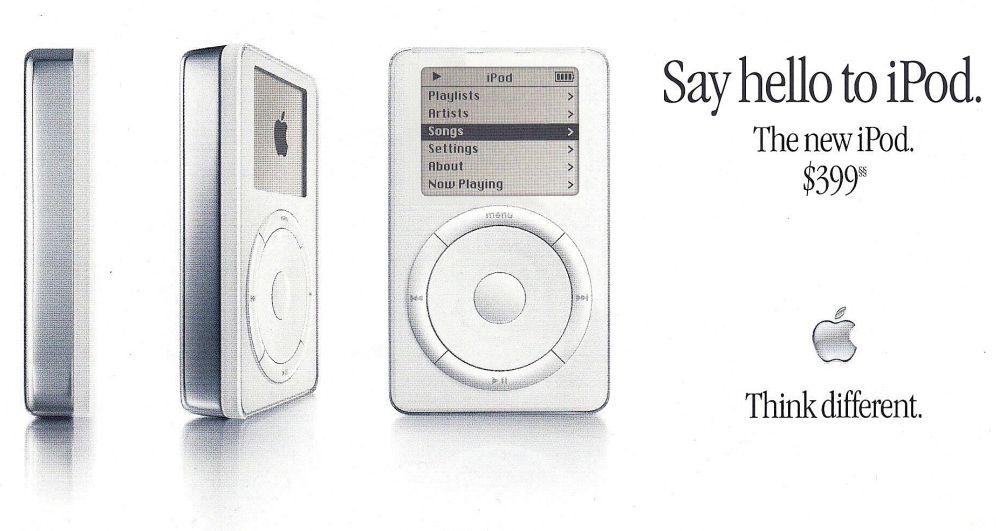On a recent visit to a well-known electronics store in Mumbai, I was disappointed to note the limited choices in personal entertainment devices (PEDs). In this age of mobile phones and tablets, which have enough capacity to hold thousands of songs and a few movies, one might ask if there is a need for a PED. You just need is a Bluetooth speaker and your home LDC TV — and the set up is complete, right?
Wrong.
A true PED must incorporate a combination of the following: support for diverse media (thumb drive, SD card, aux-in); high-fidelity audio; radio reception; high resolution video; voice recording; ability to copy media (remember mix tapes?); portability (small form factor); sound amplification; mixer; equalizer; connectivity options (for hooking the device to external amplifiers, mixers etc).
My search for the perfect PED took me to Lamington road, Mumbai’s electronics district. And here I saw elements of the perfect PED in an assortment of devices, mostly imported from China and Taiwan.
I remember my visit to that district in the 1980s. Every second shop was selling two-in-ones and three-in-ones — cassette player, radio, and later CD player.
And whenever anyone returned from a “foreign trip” it was customary to buy a shiny, sleek two-in-one with the word “STEREO” prominently printed on its fascia. Stereo sound was a big deal then, even though speaker technology in portables was a long way from delivering punchy bass — present in the “boom boxes” that arrived in the 1990s.
And in 1979, we were introduced to the Walkman and its high fidelity stereo sound.
Well, those were the PED’s of the 1980s and 1990s.
With the advent of the Apple iPod, smart phones, and the digitization of music, manufacturers stopped making those PEDs. Only a handful of them continue to manufacture two-in-ones today, with the cassette player now replaced by a DVD/CD player. Yet, very few of those devices are compatible with today’s media (SD cards, thumb drive) and fewer support Bluetooth connectivity. So, essentially, those PEDs are revamped versions of what you could get in the 1990s — with minor technology enhancements.
AN OPPORTUNITY
However, I do see a lot of progress in car entertainment systems. Touchscreen interfaces, LED displays for movies, USB connectors, advanced amplification, fancy graphics…
I think Pioneer, Sony, Kenwood, Blaupunkt and others could use this technology to create a new class of PEDs for the home. This new class of PEDs could be portable (like the old 2-in-ones), yet have a design and form factor that blends in with the living room and other home entertainment devices.
What about hard disk-based media players and media servers? These do exist but have not yet become mainstream. Perhaps manufacturers need to work on the pricing and marketing aspects. The technology can also be advanced to include support for all our media storage — pen drives, SD cards etc.
The new PEDs should also support multiple video and photo formats, and offer HDMI connectivity to TVs.
I’m sure that with the right set of features and right pricing, these devices can be the new PEDs that everyone will want to buy on the next foreign trip. Well, actually, things have changed a lot in India, and we could just buy these online in future!
I’m ready to consult for any consumer electronics company that wants to make the new PED.
Write to me at brian9p [at] gmail [dot] com
—————————————————————————————————————-








